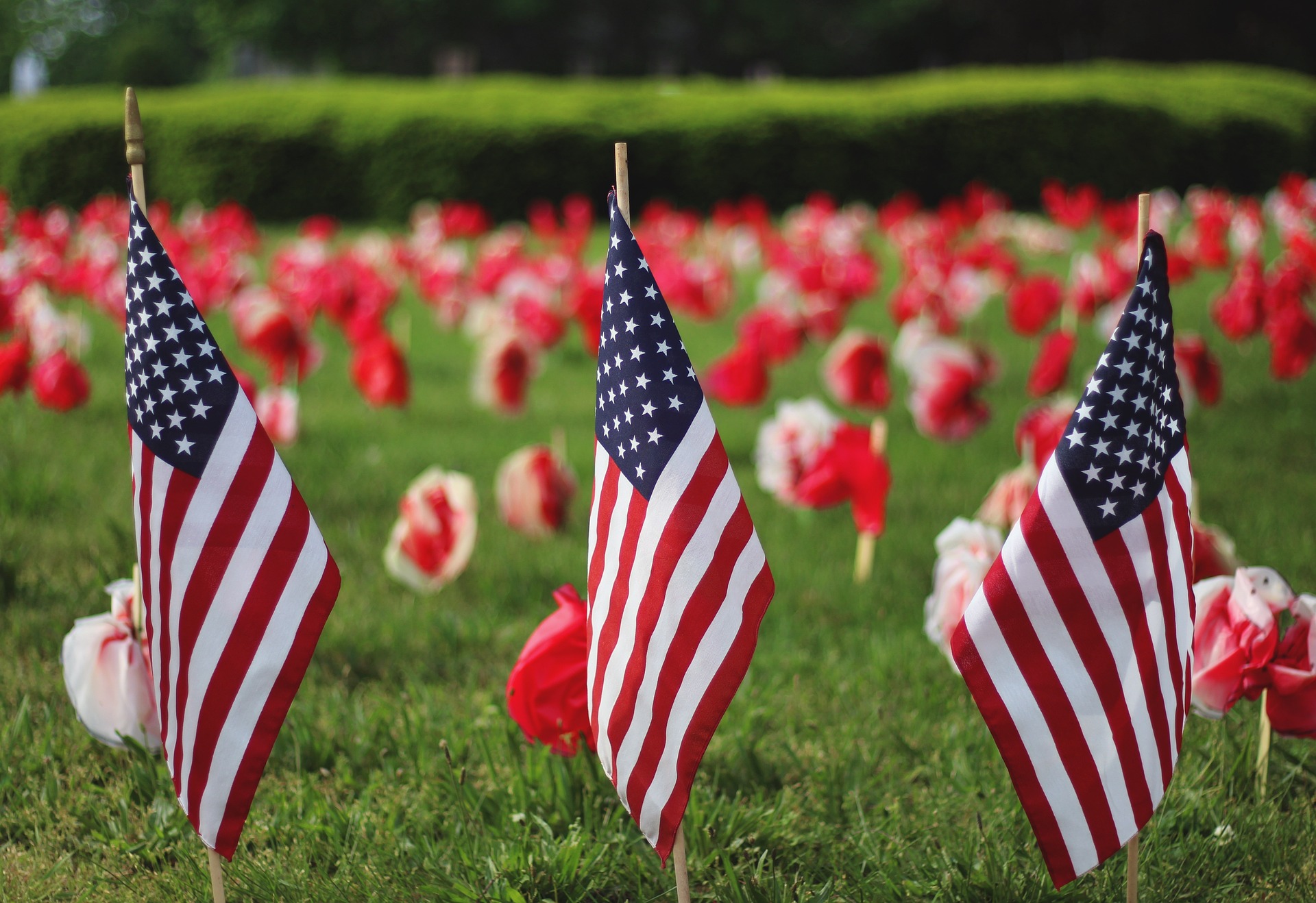Yelp, just another day and another reason to go on a buying binge. Yet, Memorial Day is meant to be a day of national remembrance for our war dead, as well as those who were wounded. It's amazing how something so solemn can so easily be turned into something so gouache and commercial isn't it?
Originally, Memorial Day was established as "Decoration Day" and as far as anyone knows, was first observed in 1862 by the women of Savannah, Georgia, who laid wreaths and flowers on the graves of fallen Confederate soldiers. In 1866, Confederate Memorial Day began and continued under the care of the United Daughters of the Confederacy. By 1863, the graves of fallen Union soldiers were being decorated at a the city cemetery in Gettysburg, Pennsylvania.
Following the Civil War's end a few weeks earlier, the first national observance took place in Charleston, South Carolina on May 1, 1865 when former slaves and abolitionists commemorated the graves of some 257 union prisoners of war who had died and were buried in unmarked graves during their imprisonment at the Charleston Race Course, which had been used as a makeshift prison. In 1866, it was reported that the women in Columbus, Mississippi were laying flowers on the graves of both Confederate and Union soldiers, while similar observances were taking place at cemeteries at North. By 1882, "Memorial Day" as we now honor it came into being, though not as an official national holiday until 1967.So, in your enjoyment of a three day holiday, cookouts, and sales galore, take a minute of your time to remember all those who served and paid the ultimate price for our freedom...your freedom and that of your family and friends so that they wouldn't have bear the horrors of war or the yoke of tyranny as so many others have. Freedom is never free. It's price is not only paid in vigilance and blood, but in empty beds, long lonely nights, endless streams of tears and "what might have beens". Finally, in closing, I would like to leave you with Lt. Colonel McCrae's poem, "In Flanders Field". It's well worth the read.
In Flanders fields the poppies blow
Between the crosses, row on row,
That mark our place; and in the sky
The larks, still bravely singing, fly
Scarce heard amid the guns below.
We are the Dead. Short days ago
We lived, felt dawn, saw sunset glow,
Loved and were loved, and now we lie
In Flanders fields.
Take up our quarrel with the foe:
To you from failing hands we throw
The torch; be yours to hold it high.
If ye break faith with us who die
We shall not sleep, though poppies grow
In Flanders fields.


2 comments:
Very good article!
Thank you for sharing this Paul.
Post a Comment